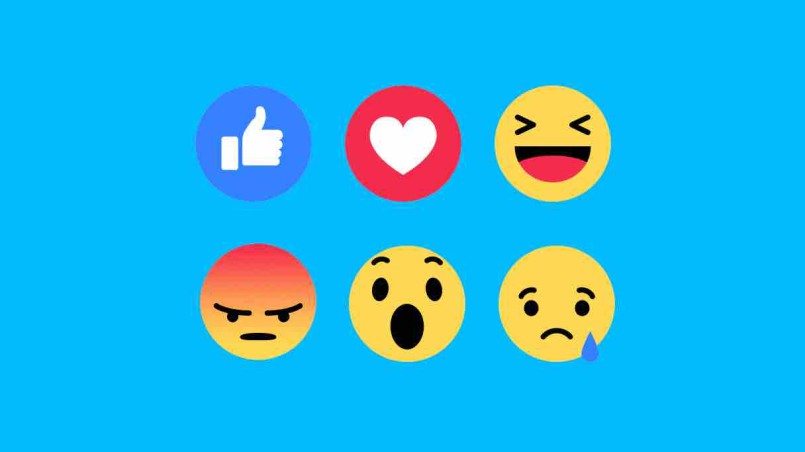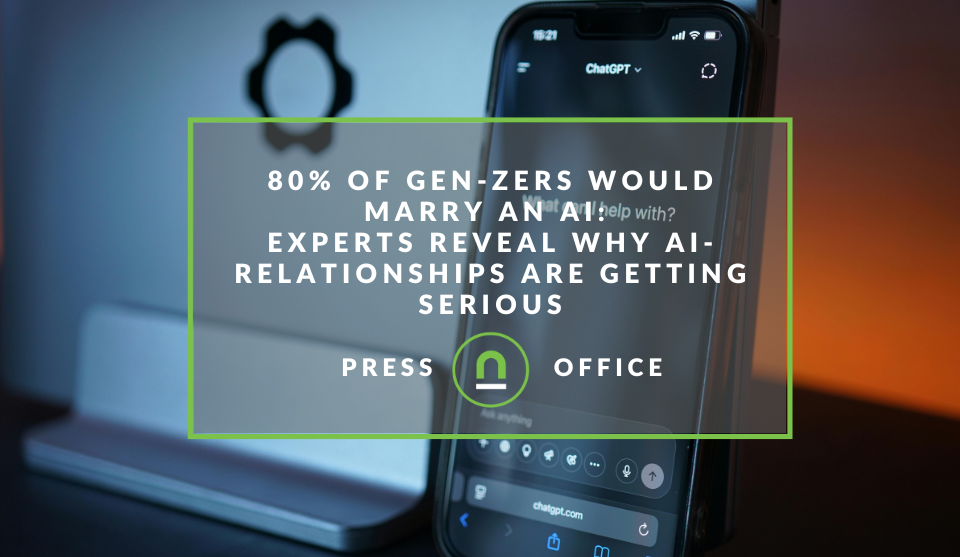Recent posts
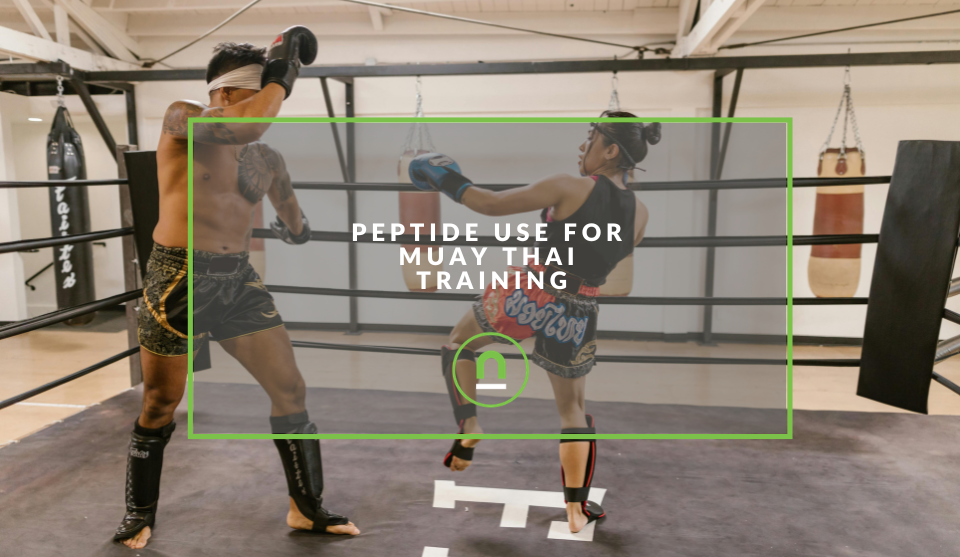
Athletes
Peptide Use for Muay Thai Training
23 February 2026
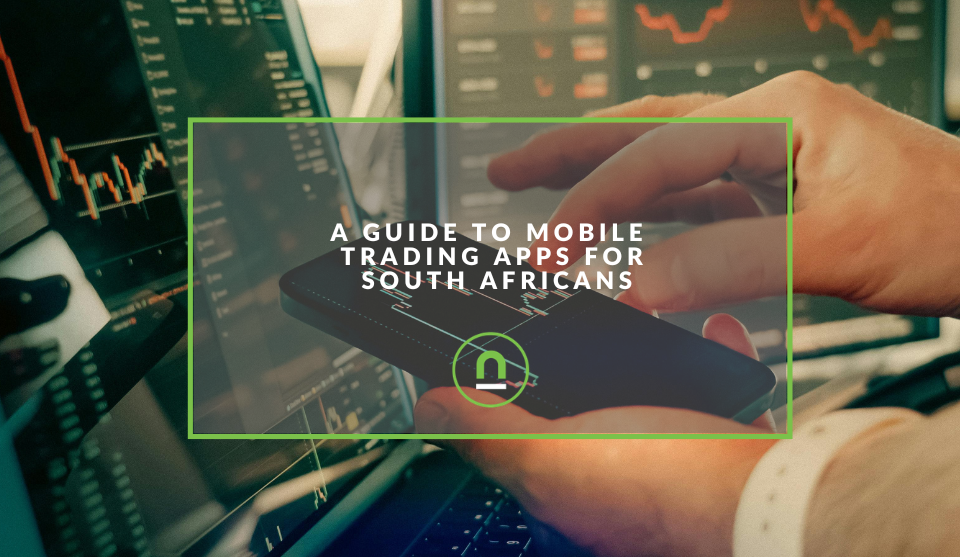
Money Talks
A Guide To Mobile Trading Apps for South Africans
19 February 2026
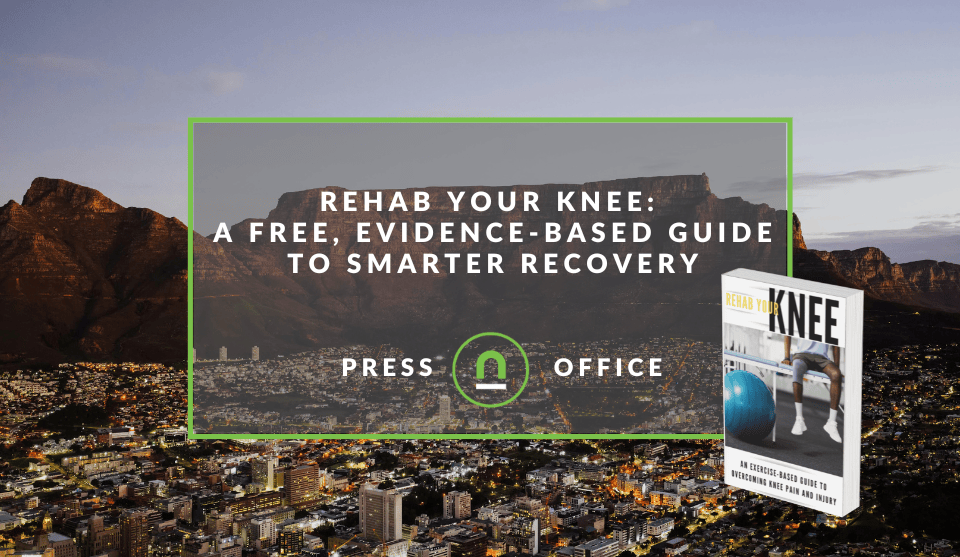
Press Releases
Rehab Your Knee: A Free, Evidence-Based Guide to Smarter Recovery
12 February 2026

Money Talks
XRP vs. Stablecoins: Which Is Better for Cross-Border Payments in 2026?
28 January 2026
Popular posts
Extravaganza
Trending Music Hashtags To Get Your Posts Noticed
24 August 2018
Geek Chic
How To Fix iPhone/iPad Only Charging In Certain Positions
05 July 2020
Extravaganza
Trending Wedding Hashtags To Get Your Posts Noticed
18 September 2018
Money Talks
How To Find Coupons & Vouchers Online In South Africa
28 March 2019
Facebook Reactions Provide A Content Visibility Boost
02 March 2017 | 0 comments | Posted by Che Kohler in nichemarket Advice
It's been a year since Facebook released their‘Reactions’ feature, which meant that instead of just having the option of ‘Liking’ a post, users can now interact with a status update, article, or photo using one of six emotional reactions: Like, Love, Haha, Wow, Sad, and Angry. To use the new reactions, hover your cursor over the ‘Like’ button.
The complete set of emoji reactions will pop up, and you can then tap or click to select your desired reaction. Even with the new reactions added to Facebook, however, the ‘Like’ button is still the most popular. Why? It might simply be training, as users have been hitting the ‘Like’ button for years.
In addition, it is the first and only exposed call-to-action in the UX, next to ‘Comment’ and ‘Share.’ Which means for a user to react with another emotion requires additional effort and content that can syndicate additional emotional responses are being rewarded by Facebook.
Love trumps all on Facebook
Facebook has stated that reactions have been used more than 300 billion times by users since its introduction, that's a lot of reactions and segmented data for hmmm let's say a machine learning algorithm o take into consideration as a ranking factor for content.
See where I'm going with this? Simply put you want your Facebook posts to reach more people? Likes will no longer help you as much as Loves, so the more reactions you get the more value Facebook assigns to your content, the more your friend's list will see it the more and finally the more people with similar interests will see it.

Reactions lead to rewards
Facebook’s algorithm is now rewarding posts that get more Reactions – whether it’s Love, Haha, Wow, Sad, or Angry – with more visibility in users’ News Feeds. Getting more Reactions (all five are weighted equally) will give your content a slight edge the News Feed rankings. Evidence of this is the subtle outreach from reactions on your newsfeed now displays. Ever seen "Friends name reacted to this post" on your newsfeed?
Well, that's
Reactions indicate a deeper level of engagement, according to Facebook. Users have to select a Reaction rather than simply hitting the boring old Like button. That’s why Facebook considers Reactions to be more important than Likes. Whenever users choose a reaction to express how they feel about a post, Facebook will use that information to determine which content should rank higher in their News Feed.
Getting your social audience in the mood
Now that you know how to get more eyes on your prize, will you be using social reaction campaigns anytime soon? If you have experimented with Facebook social reaction campaigns feel free to share your campaign and your results in the comment section below.
Contact us
If you want to know more about Facebook marketing don’t be shy we’re happy to assist. Simply contact us here
Tags: facebook, Social Media
You might also like
80% of Gen-Zers Would Marry an AI
19 January 2026
Posted by Steph M in Press Releases
Experts reveal why AI relationships are getting serious, and the reasons why 4 in 5 young people are open to marrying ai as human dating becomes too ...
Read moreA Guide To Mobile Trading Apps for South Africans
19 February 2026
Posted by Che Kohler in Money Talks
A guide to help you find apps to install on your Android or iOS device so you can start investing in stocks, bonds, forex, precious metals and Bitcoi...
Read more{{comment.sUserName}}
{{comment.iDayLastEdit}} day ago
{{comment.iDayLastEdit}} days ago
 {{blogcategory.sCategoryName}}
{{blogcategory.sCategoryName}}
